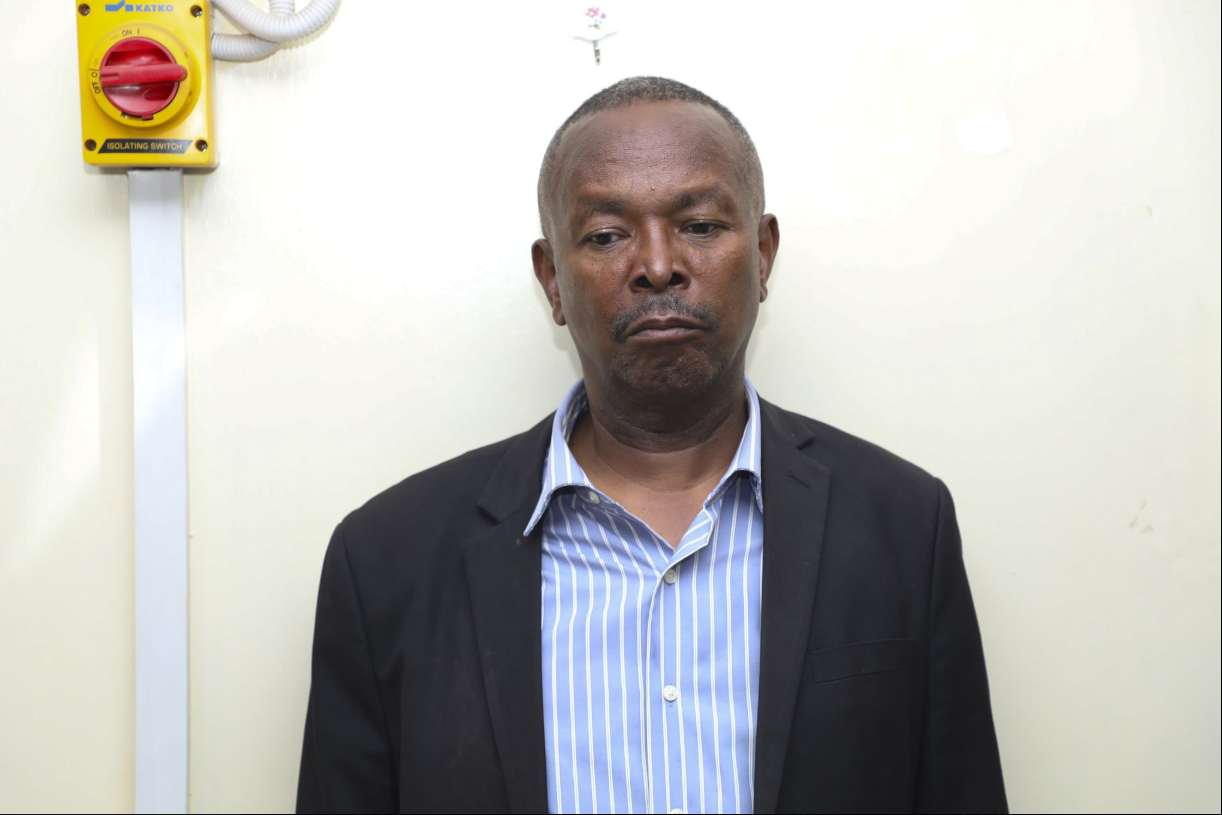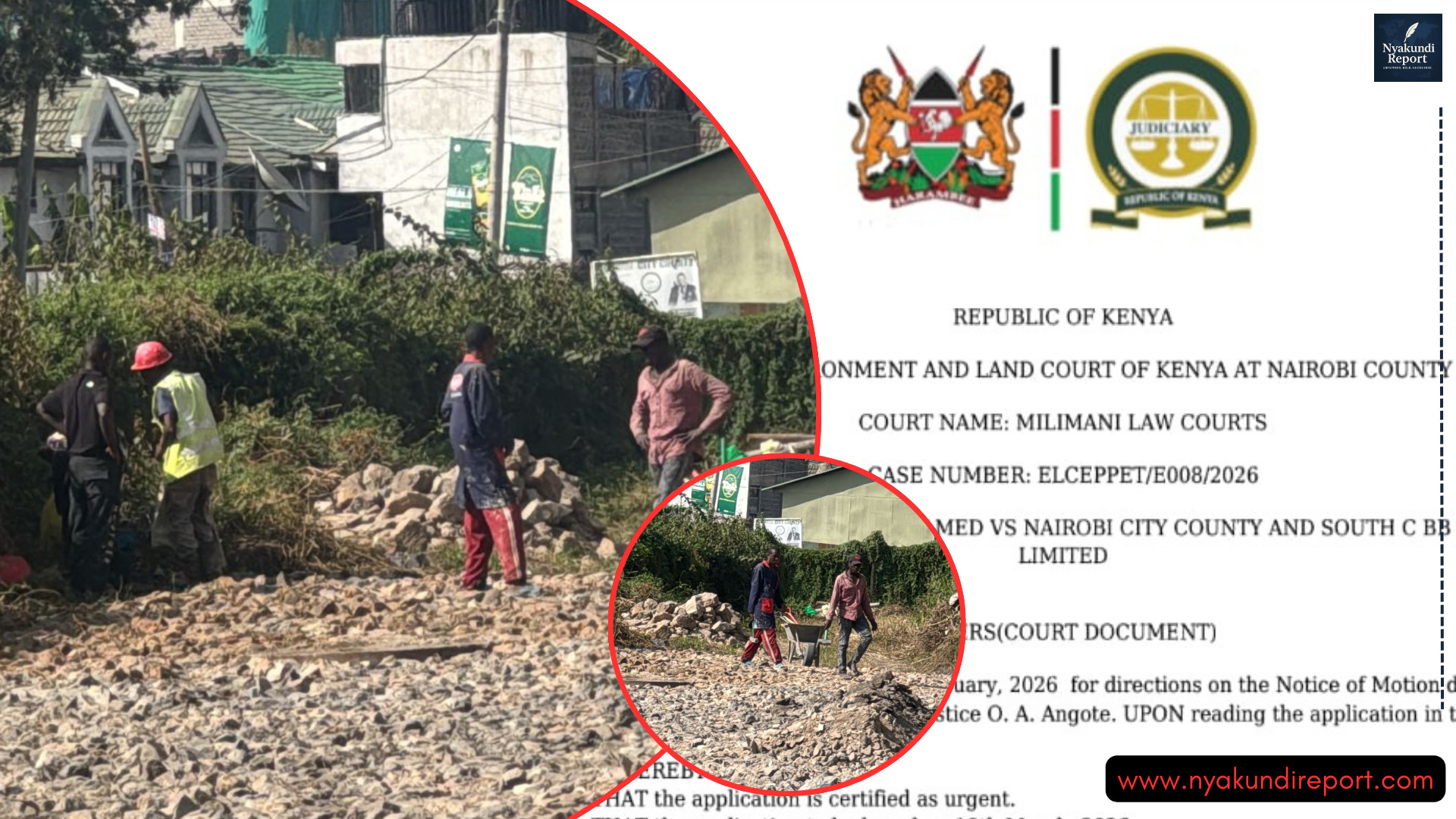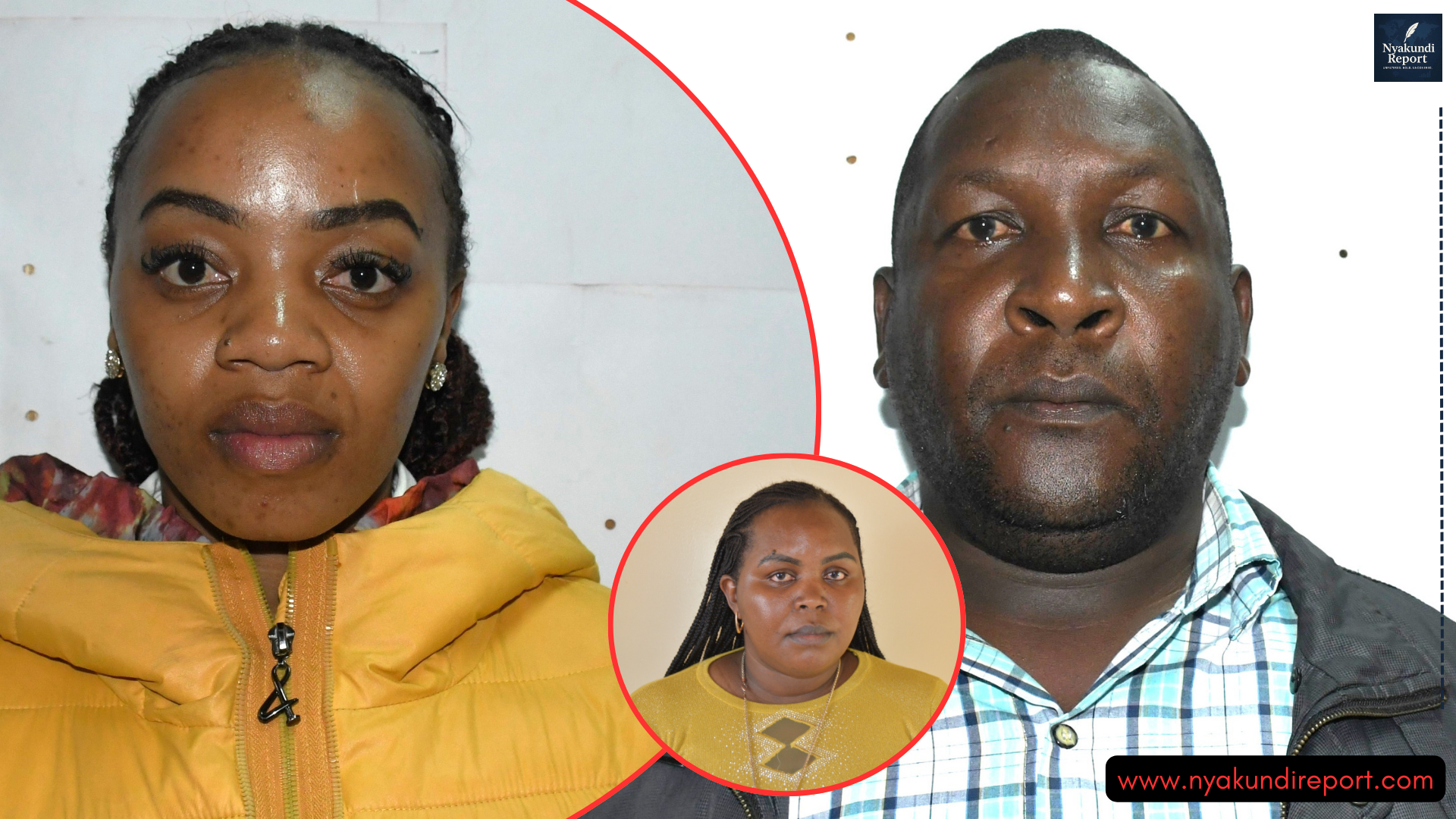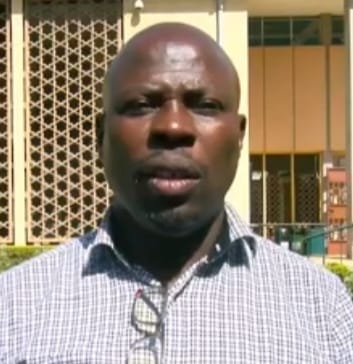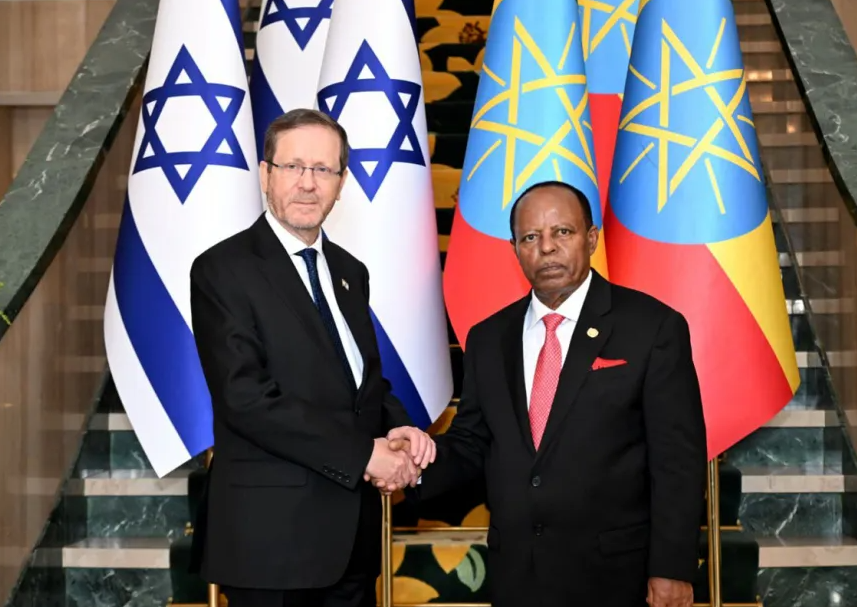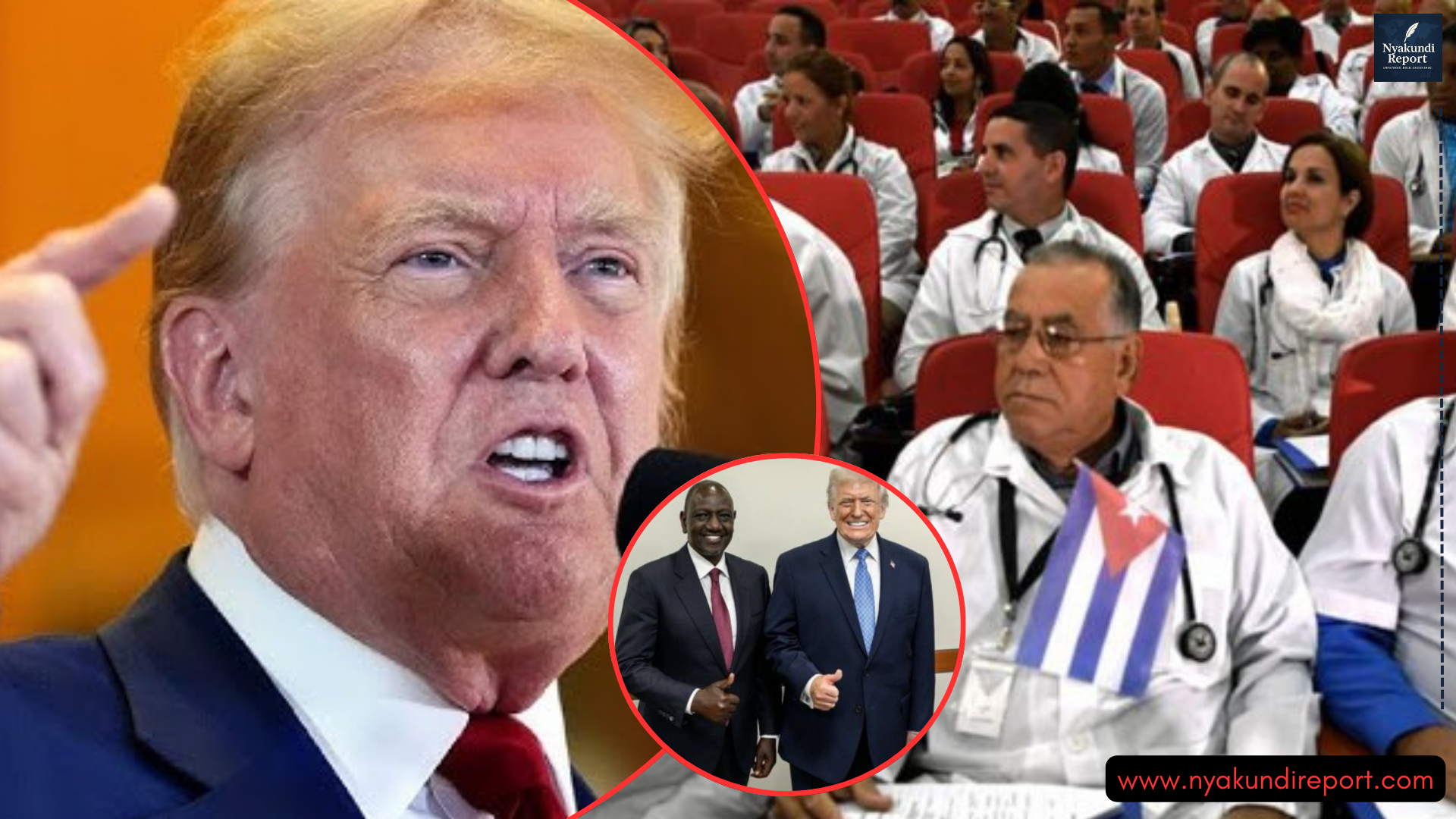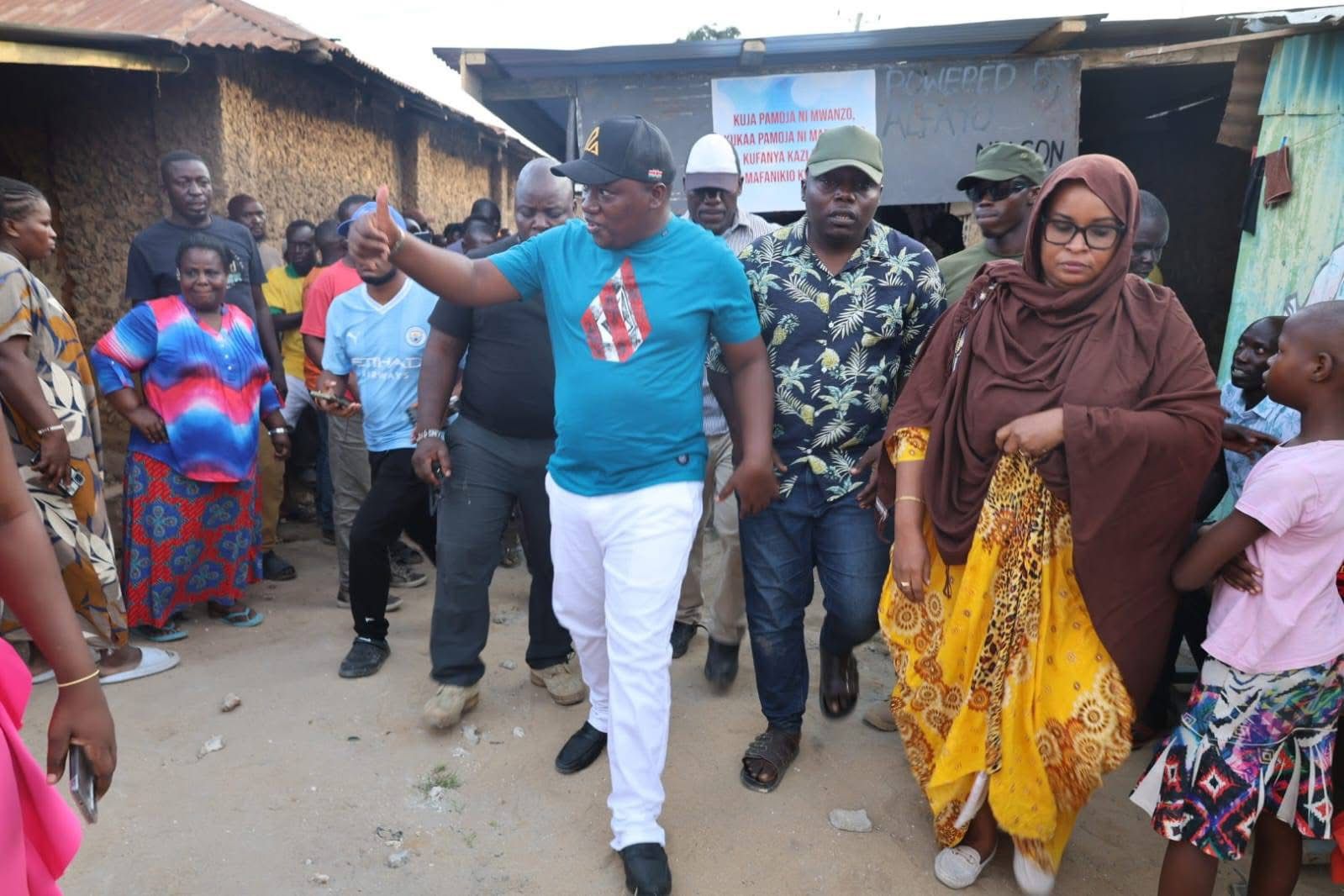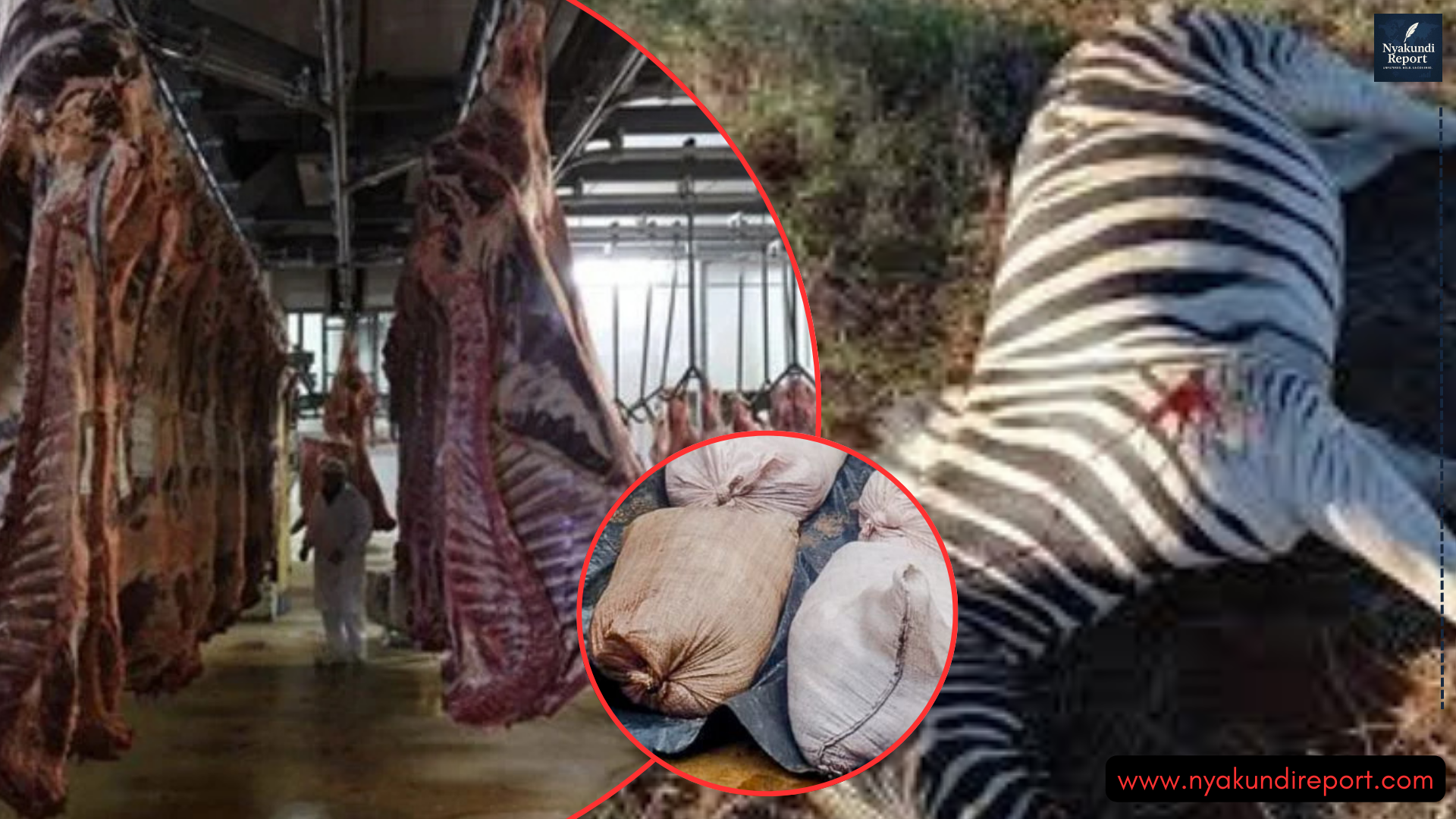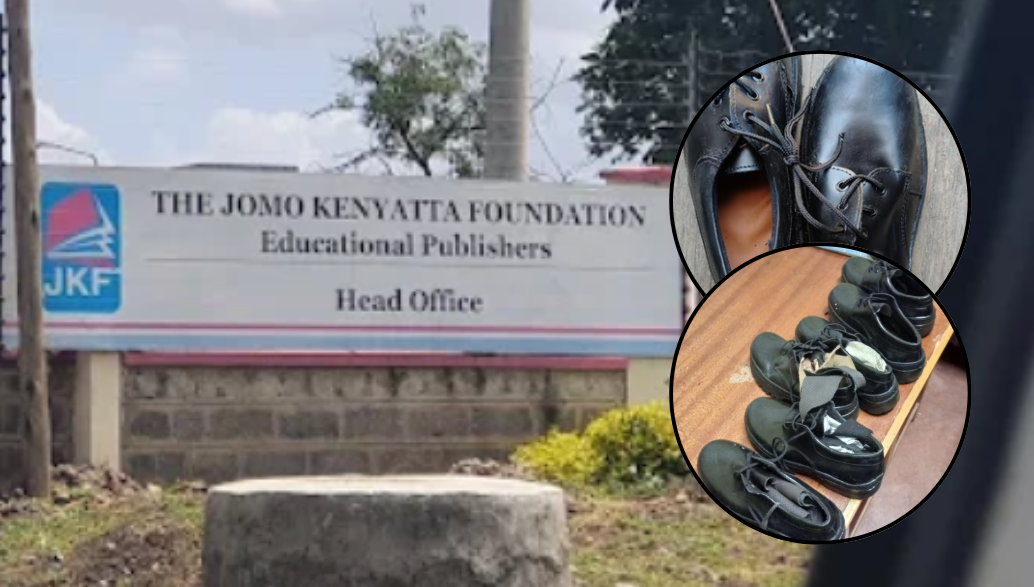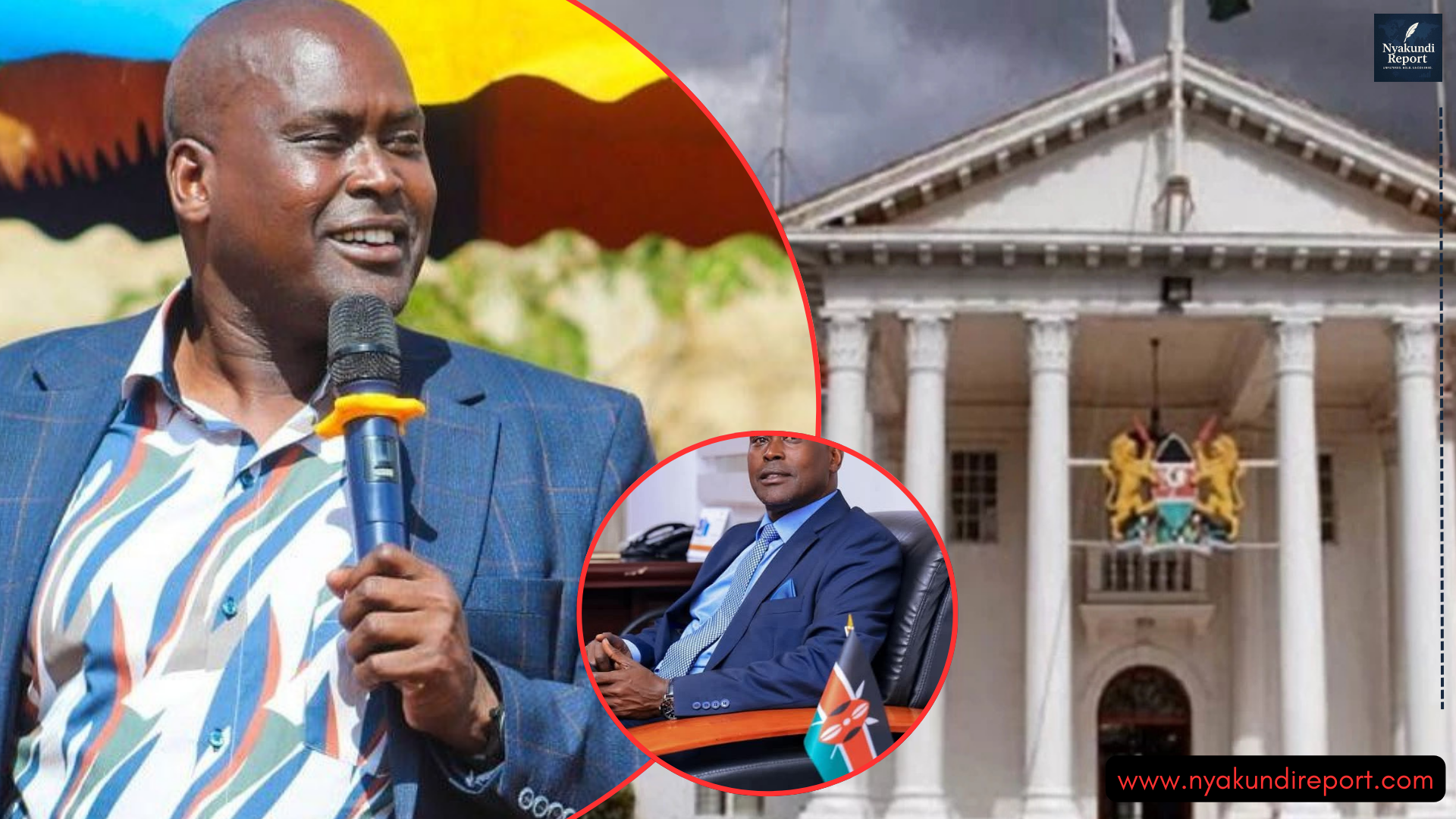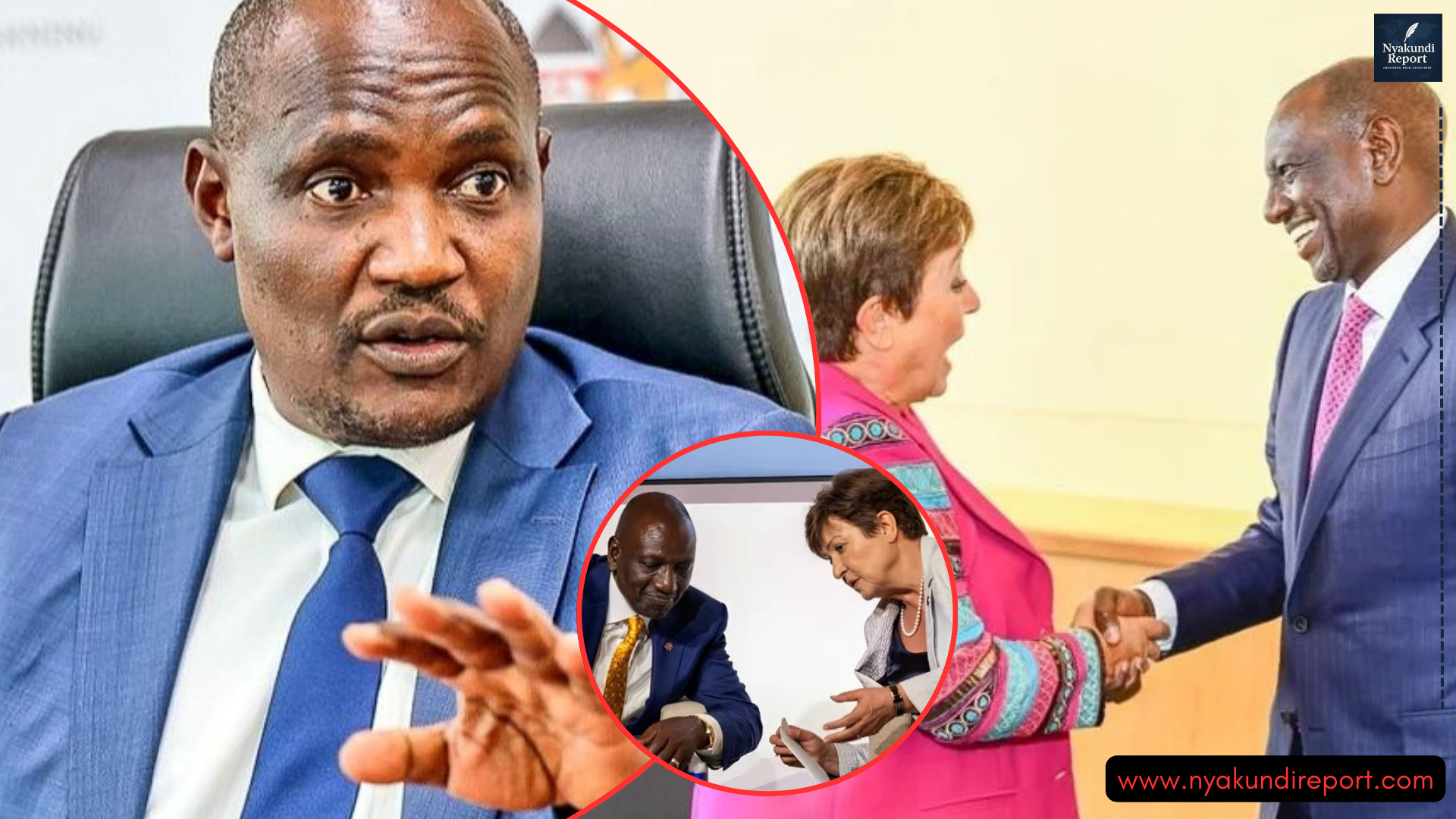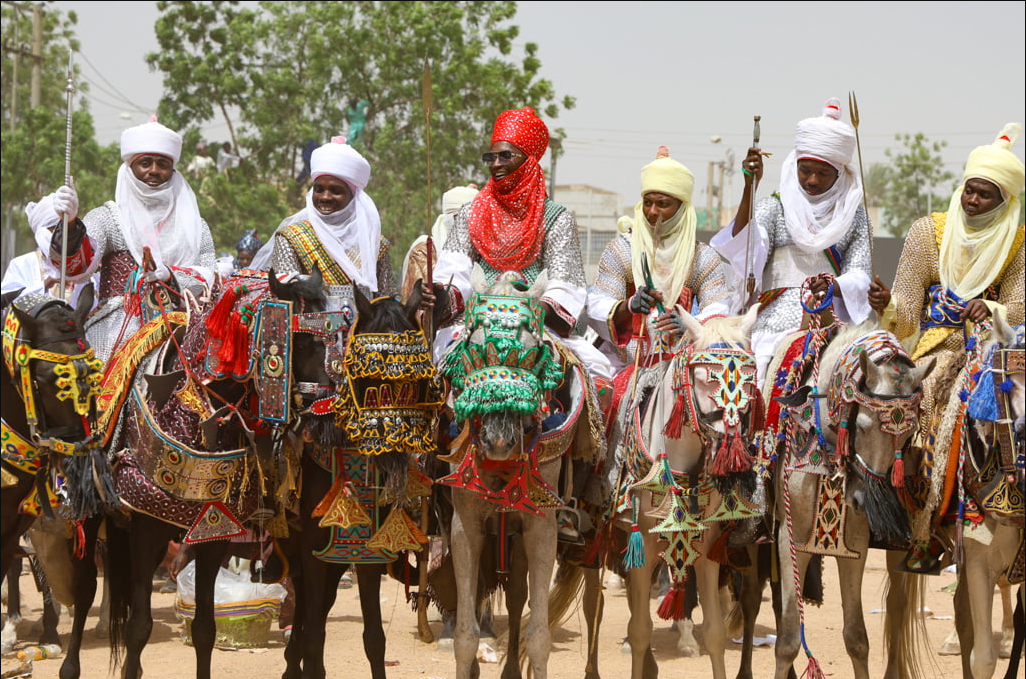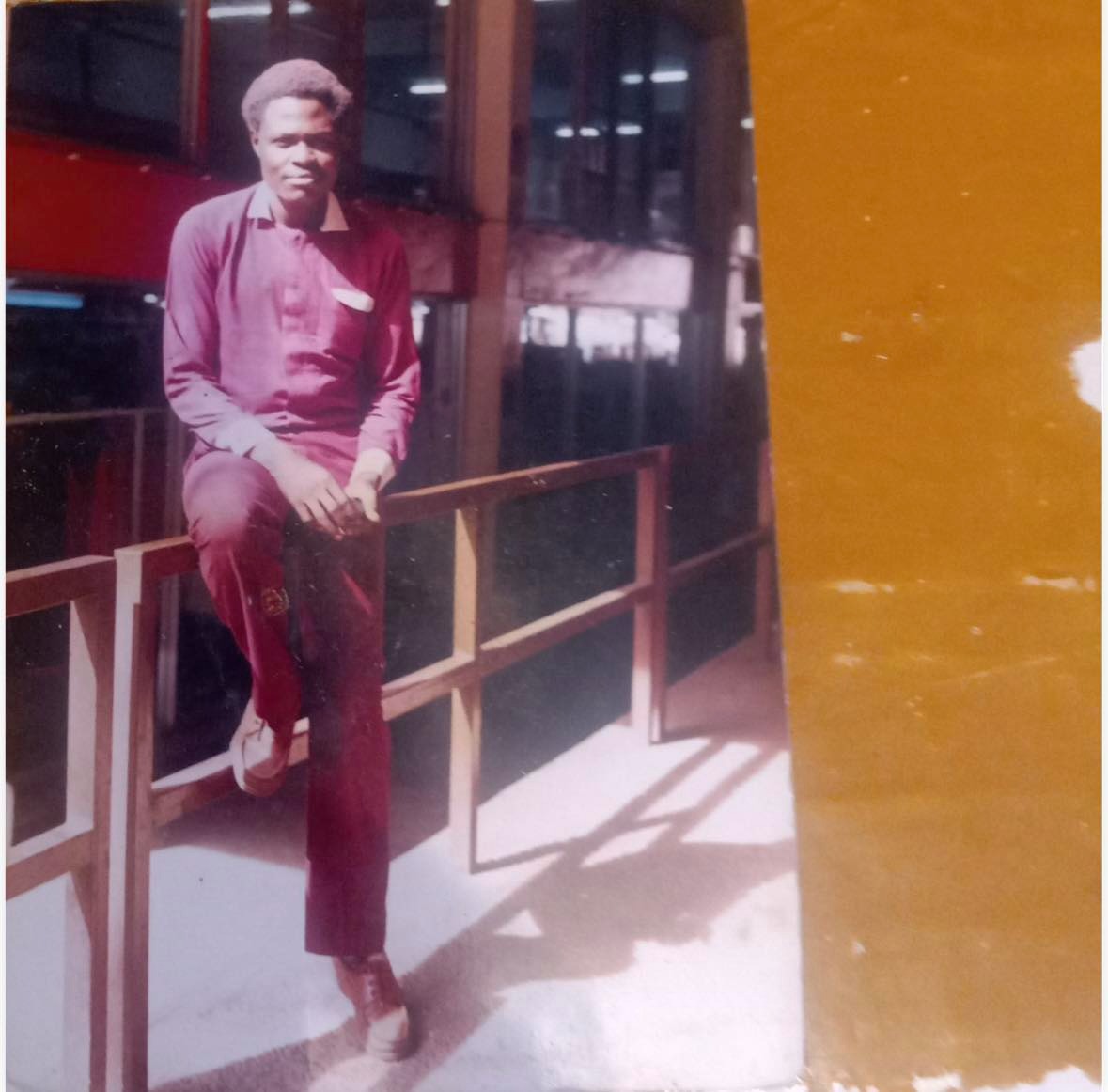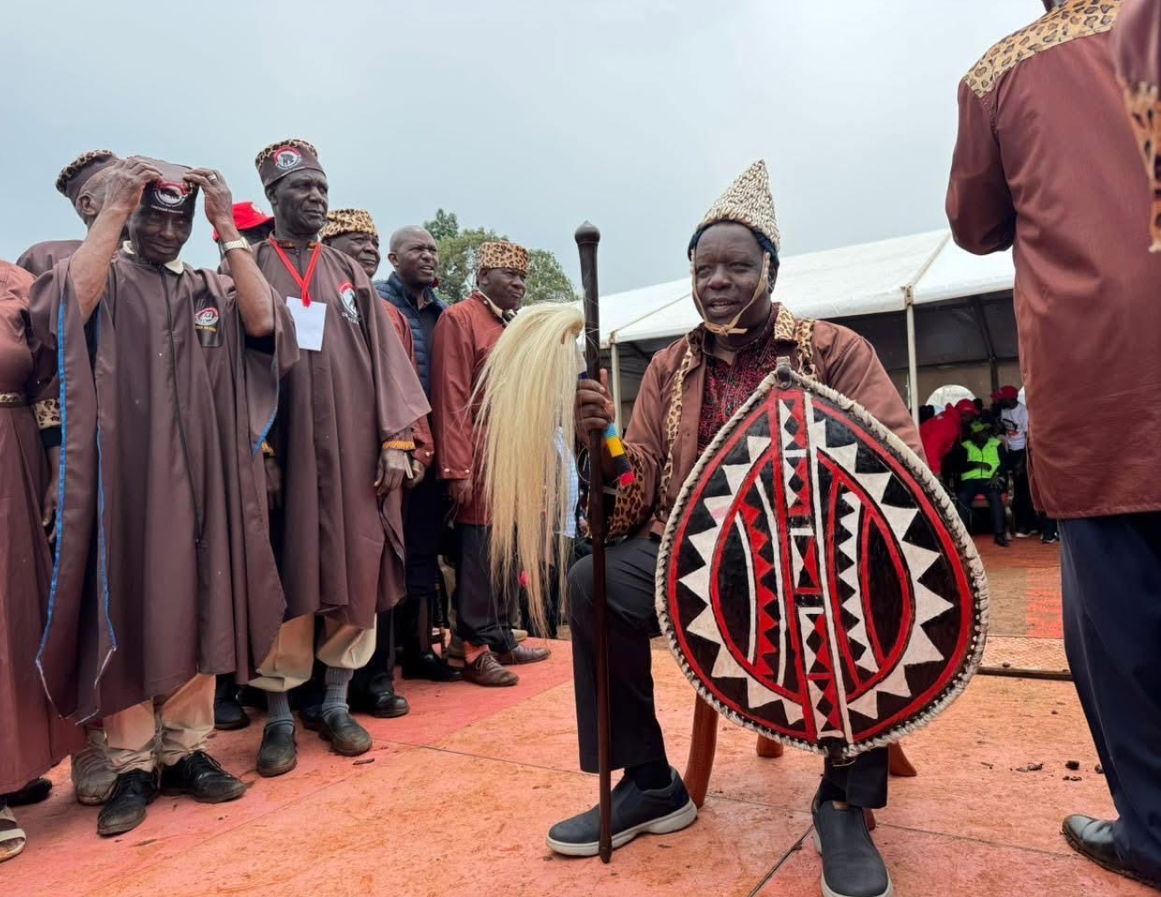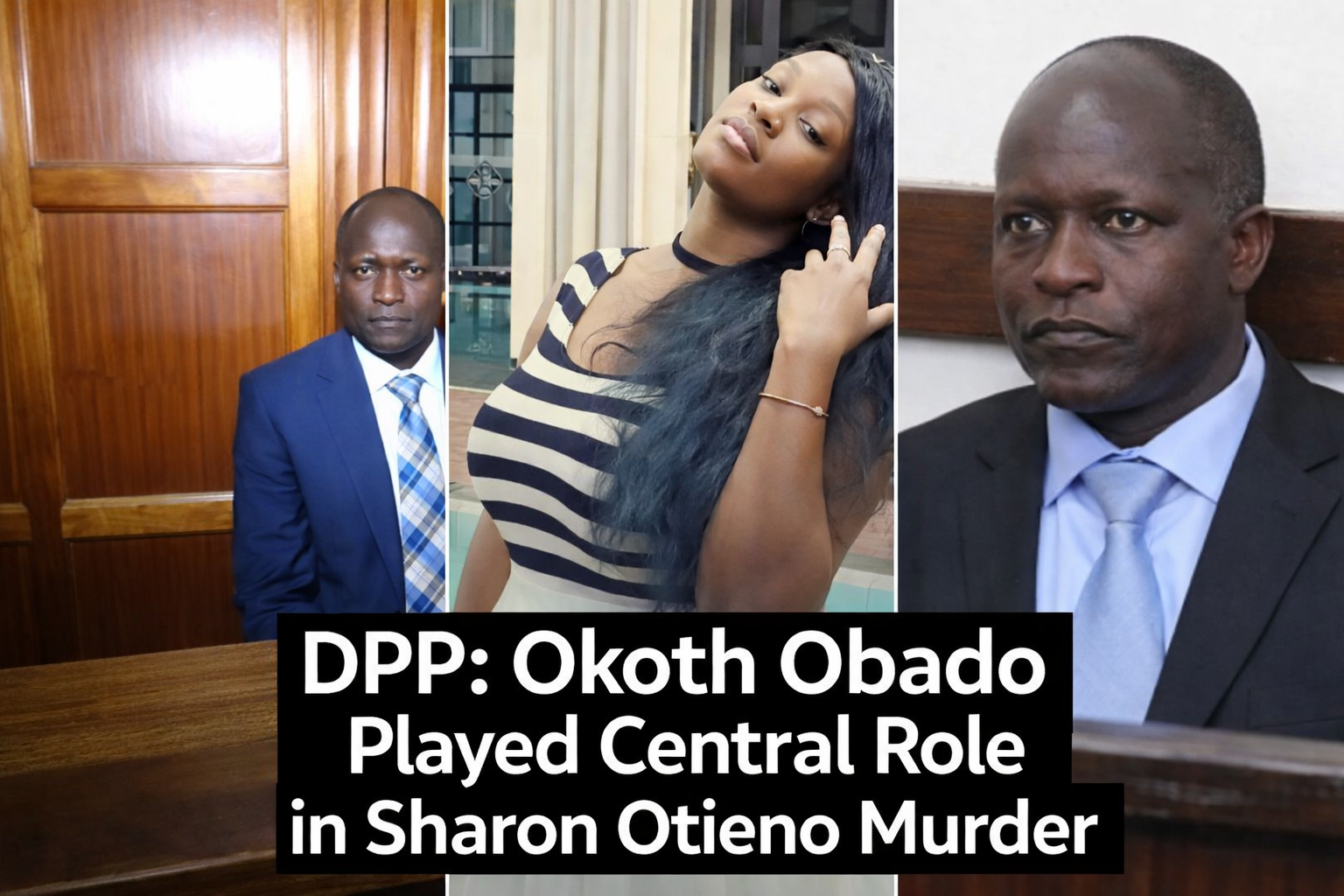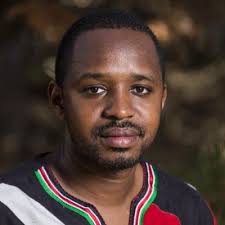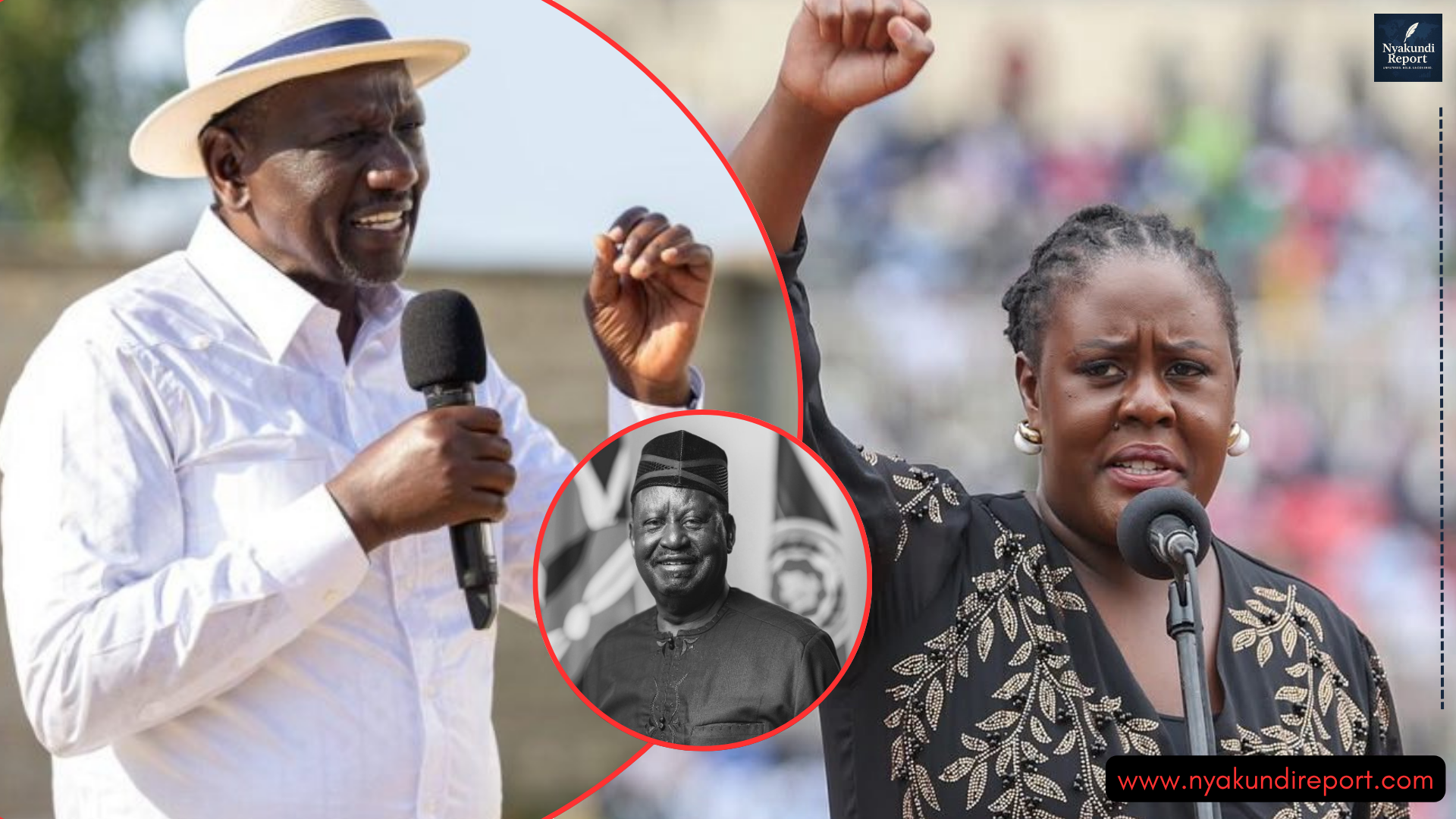Embakasi East MP Babu Owino has opened up about his conspicuous absence from the joint ODM and UDA parliamentary group meeting that took place on Monday, August 18.
The gathering, led by President William Ruto and ODM leader Raila Odinga, was meant to cement unity under the broad-based government framework. However, Babu’s absence sparked speculation about internal cracks in ODM.
The outspoken lawmaker has now revealed that his no-show was deliberate, rooted in feelings of exclusion and disregard for his role as a representative of the people.
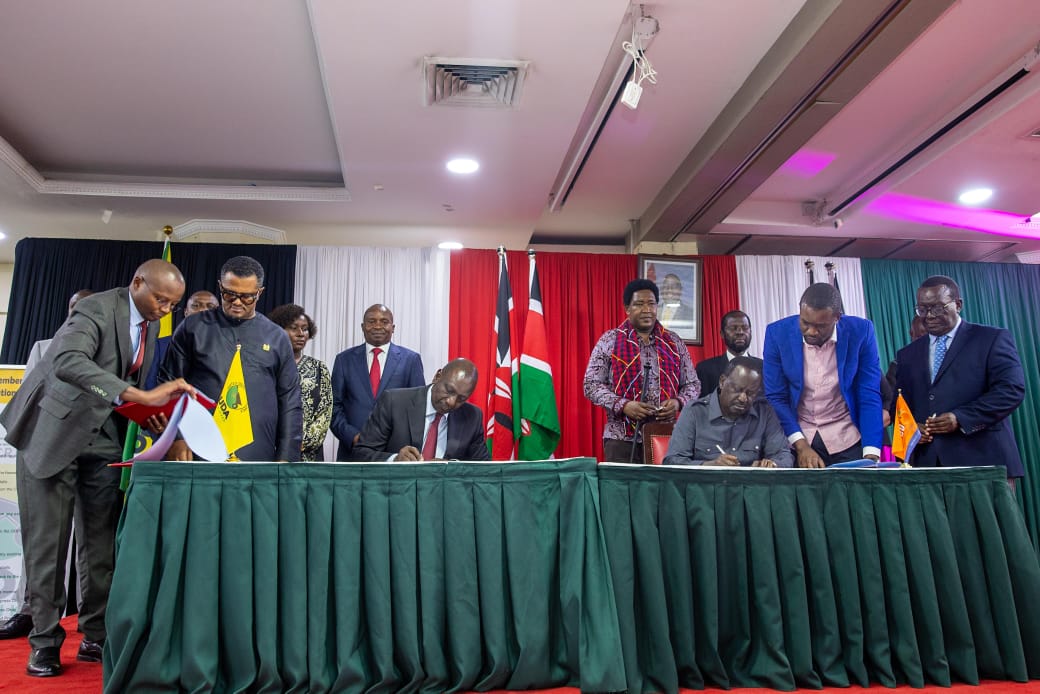
Babu Owino Rejects Exclusion From Broad-Based Govt Plans
Babu Owino clarified that his absence was not an act of rebellion against ODM leader Raila Odinga, but a protest against being sidelined in critical decision-making processes.
According to the legislator, he was never consulted during the drafting of the NADCO report or when agreements were made between ODM and UDA on the formation of the broad-based government. For him, this exclusion amounted to a betrayal of his constituents, whose voices he insists he carries to the table.
“I respect Raila Odinga, he is my party leader, but when the NADCO report was being drafted, when there was an agreement between ODM and UDA on the BBG, I was not consulted,” Babu declared.
He went further to emphasize that he would not rubber-stamp any decision where his constituents’ input was ignored. His absence from the PG meeting, he argued, was symbolic—sending a clear message that inclusivity and consultation must be at the heart of governance.
Internal Friction in ODM Over Broad-Based Govt
ODM has long branded itself as a democratic party that accommodates diverse opinions, but recent disagreements reveal growing friction. While top leaders are aligning with President Ruto under the broad-based government model, outspoken members like Babu Owino and Senator Edwin Sifuna have raised the alarm.
Babu insists that ODM cannot afford to silence dissent in the name of unity. He argues that democracy thrives on differing opinions and that his role as an MP is to stand firm against government overreach, even when other party members appear to compromise.
“Parliament should be independent and should perform its oversight role and should legislate for Kenyans and not for the executive,” he said.
His stance underscores a broader tension within ODM: balancing loyalty to Raila Odinga with the responsibility to challenge government actions that may undermine ordinary Kenyans.
Partisan Divisions and the Future of Opposition Politics
The broad-based government deal was intended to put partisan divisions aside, with both ODM and UDA presenting a united front in Parliament. But Babu’s defiance signals that not everyone is ready to embrace this truce.
Critics warn that the arrangement risks turning ODM into a shadow of itself, blurring the lines between government and opposition. By questioning the broad-based government framework, Babu Owino positions himself as a watchdog willing to defy even his own party if it strays from its oversight role.
His stand reflects a larger political question: can Kenya’s opposition remain effective when it becomes part of a shared power arrangement with the ruling party? For Babu, the answer lies in accountability. He argues that ODM must remain true to its principles of oversight and resistance to government oppression—otherwise, it risks losing credibility among its base.
Final Word
Babu Owino’s absence from the ODM-UDA joint PG meeting is more than a personal protest; it is a warning shot about the dangers of sidelining elected representatives in the name of unity.
His refusal to endorse the broad-based government without consultation highlights deep divisions within ODM and raises questions about the future of opposition politics in Kenya.
For now, Babu stands firm, vowing to defend the independence of Parliament and safeguard the voice of his constituents—whether or not his party agrees.

